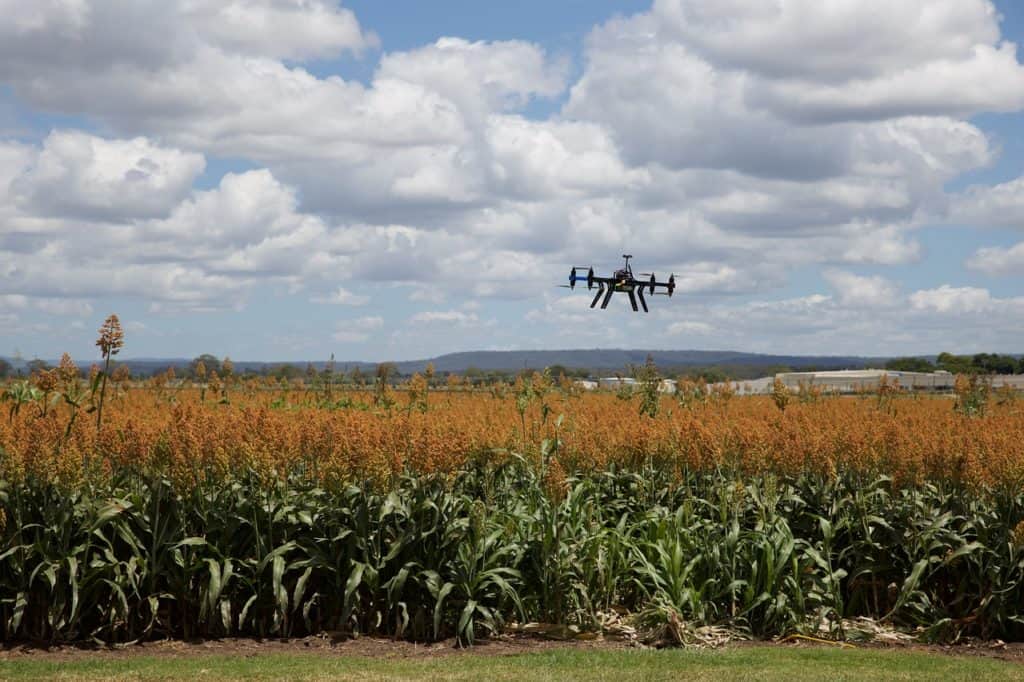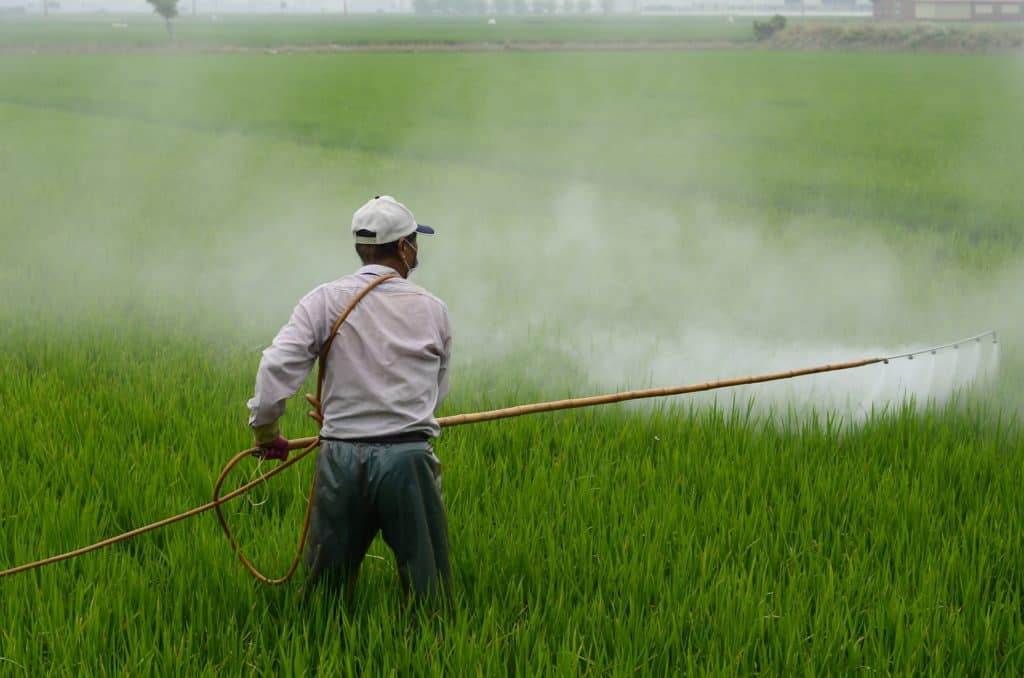India needs Agriculture technology to deal with problems faced by this sector and enable sustainable farming. Technology will not only assist in solving these problems but will also boost the yield and increase income of farmers.
Agriculture is the predominant occupation in India. Indian Agriculture sector employs more than half the population of the country directly or indirectly. However, if there are no technological changes the agricultural sector will face a lot of difficulties in future.
Agriculture 4.0
The report submitted in the World Global Submit calls for the incorporation of technology in agriculture in order to deal with problems faced in future. According to the report, agriculture produce demand will rise by 70% in 2050. Further problems for agriculture sector include population rise, climate change, scarcity of natural resources and food waste. The report is named Agriculture 4.0- The Future of Farming Technology.
Agriculture 4.0 intends to employ modern technology such as IOT, sensors, remote sensing, cloud computing, AI, blockchain, etc to deal with the challenges faced by the agricultural sector.
Hybrid Seeds
Seeds mostly used by farmers in India are of inbred or OPV variety. The hybrid seeds have an upper hand over these seedsdue to high yield and disease resistance. Cotton and maize industry have benefited from hybrid seeds but that needs to implemented in rice, wheat and other crops. The need is to develop new hybrid seeds which have higher yield, and are resistant to adverse climate conditions.
Technologies such as genetic modification employed to enable genome editing might be helpful in producing such hybrid crops. Clustered regularly interspaced short palindromic repeats (CRISPR) is a new approach to this technology. This technology allows greater selectivity of traits that is to be imparted in the hybrid seeds. The technology also imparts certain vitamins in the breed in addition to the above-mentioned qualities.
Upgradation of Irrigation
Irrigation facilities in India are hindered due to water scarcity and low water table. However, water inputs can be optimized by using IOT, which uses sensors to manage the water supply and the farmers can operate it from anywhere using their smart device. Drone technology can also help in irrigation as it identifies through the sensors the dry areas and the area which require improvement.

Fertilizers and soil health
The use of pesticides increases cost for farmers and degrades the soil quality. About 60% of the fertilizers are lost in the environment which causes pollution.

Technologies derived from nano technology such as nano fertilizers help in reducing loss of fertilizers. As a result application involves slow and sustained release of fertilizers into plants.
Bio sensors can detect the pesticides in the crop. This information helps farmers to take effective decisions.
Minimize cultivation costs and data driven farming
Drone technology can help in easing various process like soil and field analysis and spraying of fertilizers. Soil and field analysis would help farmers to plan their crops. Aerial spraying saves labour costs and is five times faster.
Data provided to farmers using IOT technology would provide data related to weather conditions, seed quality, soil quality and history of seeds would help farmers to take effective decisions.
Credit and subsidy supply to farmers
Technologies such as blockchain and other apps can enable farmers to avail subsidy and credit (loans) from the government directly, thereby enabling transparent and secured supply of credit.
Market Insights and Forecast
Blockchain technology can help in providing insight of market to the farmers. It will let them know the demand in the market and the prices of food and can get correct price of their produce.
In conclusion, India needs to incorporate technology in agricultural sector to deal with agricultural challenges and also to sustain its position in the global market.